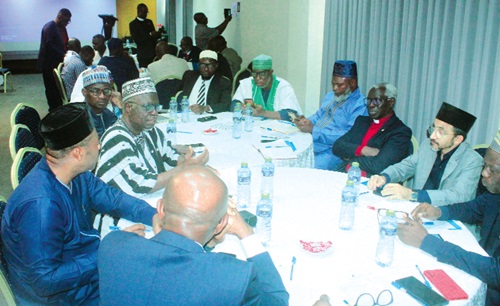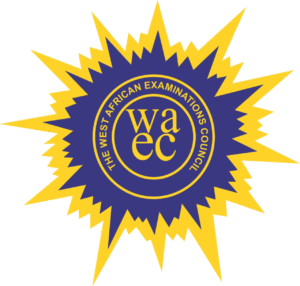Redefining Education in Ghana: A Path to Transformation

The recently concluded National Education Forum in Ho marked an important milestone in the transformation of Ghana’s education system.
At the forum, I posed a thought-provoking question to the audience: “Is the future of education about changing systems, or is it about changing our mindset to adopt a new definition of education?”
This question gets to the core of our current educational challenges. For too long, the Ghanaian education system has been critiqued for its focus on theoretical knowledge at the expense of practical skills. As I pointed out during the forum, the true transformation of education doesn’t lie in mere adjustments to existing systems but in a fundamental shift in how we perceive and define education.
Breaking Away from Traditional Views
Historically, education has been seen as a path toward academic excellence, with a heavy emphasis on theoretical learning. While academic achievement is important, it is not enough to equip students with the practical skills needed in today’s fast-paced, globalized world.
I raised the question to the stakeholders at the forum: “What is education, really?” Is it simply the act of transferring knowledge, or is it a tool for empowering individuals? Education should go beyond memorization; it should nurture critical thinking, creativity, and adaptability—skills that are necessary for success in an ever-changing world. I proposed that the solution lies in adopting a new definition of education, one that prioritizes practical skills, creativity, and innovation.
This shift requires a change in attitude. We must embrace the value of hands-on learning, vocational training, and community engagement. Education should not be limited to what students read in books but should extend to the real-world application of knowledge, helping students develop the skills needed to address the unique challenges they face.
A New Perspective on Education
As I emphasized during the forum, “Education should go beyond theoretical knowledge. It must also focus on developing practical skills and creative solutions to our unique national challenges.” The future of education in Ghana is not just about changing structures or systems; it’s about redefining education to better meet the needs of today’s society.
Achieving this transformation will require a fundamental rethinking of education, one that reflects the country’s specific challenges, values, and needs. A new definition of education must be inclusive and comprehensive, ensuring that students are prepared for the demands of both the local and global economy.
Revamping the Curriculum
One of the first steps in redefining education in Ghana is the introduction of a dedicated Technical and Vocational Education and Training (TVET) curriculum, starting at the kindergarten level and continuing through to university. This curriculum would focus on equipping students with the skills they need to tackle pressing issues such as unemployment, dependency on imports, and gaps in the healthcare system.
The National TVET Qualifications Framework (NTVETQF) already provides a structure for TVET education, offering a range of certifications from basic proficiency to advanced degrees in technology. However, to make TVET a true alternative to traditional academic programs, it must be fully integrated into the mainstream education system. This will require breaking down the barriers that separate TVET from other forms of education and ensuring that it is recognized as an equal and valuable path for students.
Reforming Assessment Methods
Another crucial aspect of redefining education in Ghana is the reform of academic assessments, particularly those conducted by the West African Examinations Council (WAEC). It is essential that we move away from rigid, exam-based assessments that prioritize theoretical knowledge and instead adopt more dynamic evaluation methods that assess students’ practical skills and problem-solving abilities.
By shifting the focus to holistic assessments, we can better equip students with the competencies required to thrive in the workforce and contribute to the country’s development. This change will also allow students to demonstrate their ability to apply what they have learned in real-world scenarios, rather than relying solely on memorization.
Incorporating Local Languages and Fostering Education Freedom
A vital component of this redefined education system is the use of local languages as the medium of instruction in schools. This change will help students better connect with their education, enhance their understanding, and encourage cultural pride. By integrating local languages into the curriculum, we also ensure that students are well-grounded in their cultural heritage.
In addition, we must move away from the narrow focus on academic freedom and instead promote the concept of total educational freedom. This means allowing students to choose their educational pathways, whether through TVET or traditional academic routes. Education freedom will empower students to take charge of their learning, pursue their interests, and develop the skills that align with their career aspirations.
A Call to Action
The National Education Forum was an important step in rethinking the future of education in Ghana. However, the road ahead requires the active participation of all stakeholders. Educators, policymakers, and the broader community must collaborate to create an education system that is relevant, practical, and empowering for all.
As I concluded my speech at the forum, I emphasized that the future of education is not just about changing systems—it is about changing our mindset. Let us work together with open minds, a willingness to innovate, and a shared commitment to building a brighter future for all Ghanaians.
The writer is the National Executive Director of the Ghana National Council of Private Schools.





